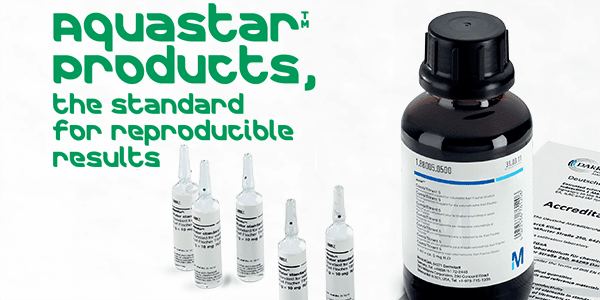Abstract
The features of a rheometer and the benefits they confer, together with the instrument’s performance specifications, are obvious and important considerations when purchasing a new system. However, unless you are an experienced rheometer user, written specifications can be confusing and in the worst case may even be misleading.
1: Hardware and software features as well as instrument specifications
The features of a rheometer and the benefits they confer, together with the instrument’s performance specifications, are obvious and important considerations when purchasing a new system. However, unless you are an experienced rheometer user, written specifications can be confusing and in the worst case may even be misleading. It is not uncommon for an instrument to have the best technical specifications on paper but still be outperformed by another rheometer with seemingly inferior capabilities. Some manufacturers are more aggressive than others when listing specifications, and these are likely to have been provided under idealized conditions. Such conditions may bear little resemblance to those needed for characterizing your specific materials. In order to ensure you are comparing ‘apples with apples’ it is advisable to discuss instrument specifications with your vendor.

(b) exceptional support made available to customers 24/7 via the web
(c) specialists who spend 100% of their time working on a particular technology area





